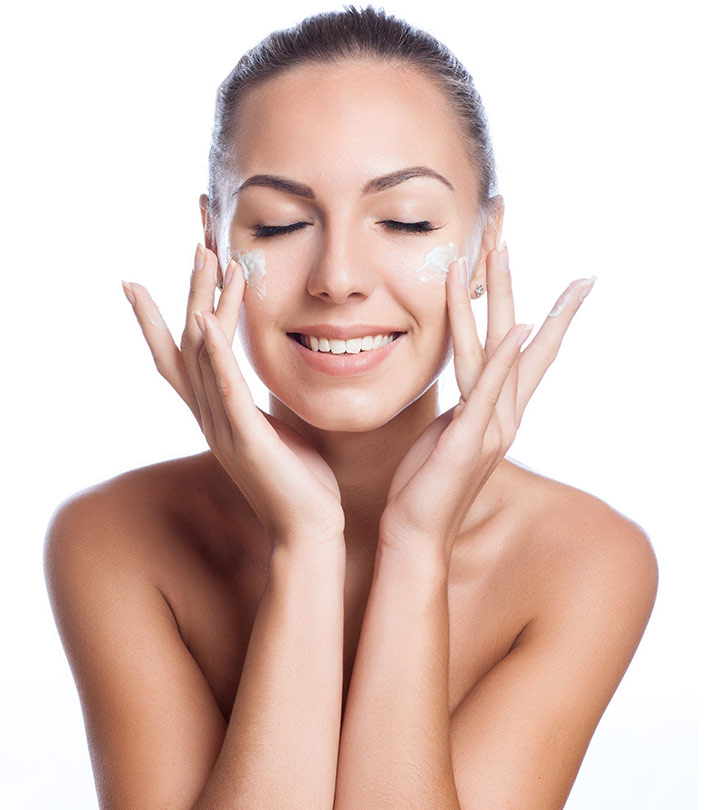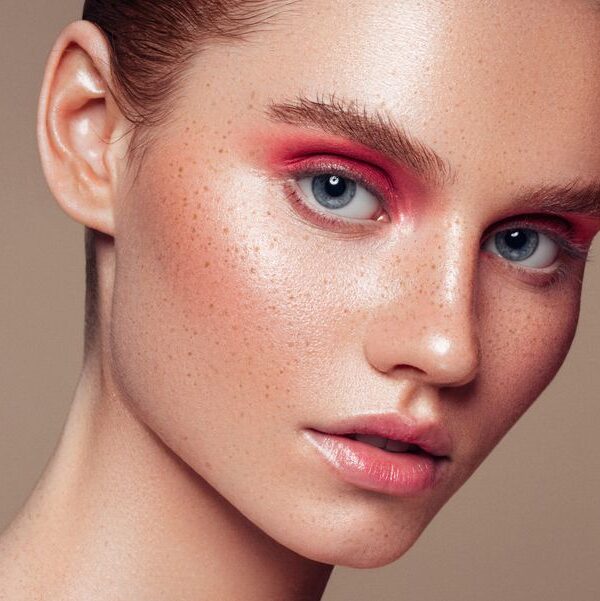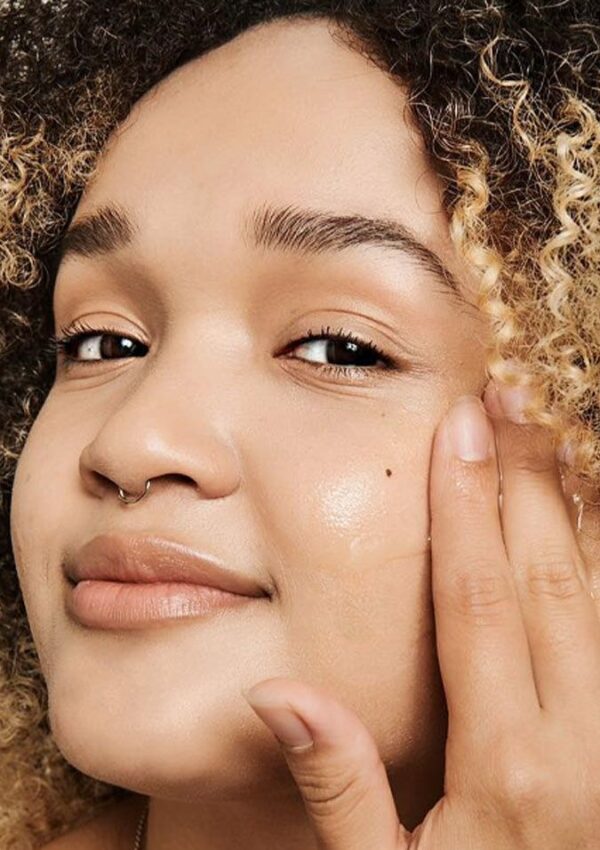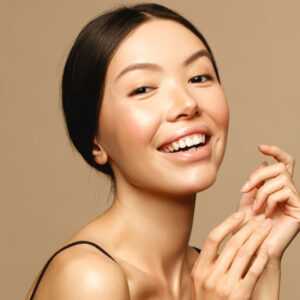Introduction
In the world of beauty and personal care products, we often find ourselves focused on the benefits and promises they offer: youthful skin, glossy hair, and a radiant complexion. But behind the allure of these products, there lurks a silent villain that has raised concerns among health-conscious consumers – parabens. In this comprehensive guide, we’ll delve deep into the world of parabens, shedding light on what they are, why they are used, and what you need to know to make informed choices for your beauty routine.
Demystifying Parabens
What Are Parabens?
Parabens are a group of synthetic chemicals commonly used as preservatives in a wide range of cosmetics and personal care products, including lotions, shampoos, makeup, and more. They are valued for their ability to inhibit the growth of bacteria, mold, and yeast, thus extending the shelf life of these products.
The Different Types of Parabens
There isn’t just one type of paraben; instead, there are several, including methylparaben, ethylparaben, propylparaben, and butylparaben. These variations serve a similar purpose but may have slightly different properties.
The Prevalence of Parabens
Why Are Parabens Used?
The primary reason for the widespread use of parabens in beauty products is their effectiveness as preservatives. They prevent the growth of harmful microorganisms, thereby maintaining the product’s safety and quality over time.
Where Can You Find Parabens?
Parabens are found in a multitude of products. Common sources include moisturizers, shampoos, conditioners, deodorants, makeup, and even pharmaceuticals. To identify them on ingredient labels, look for words like “methylparaben,” “ethylparaben,” “propylparaben,” “butylparaben,” or simply “paraben.”
The Controversy Surrounding Parabens
The Health Concerns
Parabens have faced scrutiny due to their potential to mimic estrogen in the body, leading to concerns about their link to hormone disruption and various health issues. Some studies have suggested a possible connection between parabens and breast cancer, although the evidence remains inconclusive.
Regulatory Oversight
Regulatory agencies such as the FDA and the European Commission have assessed the safety of parabens in cosmetics. They have set maximum concentration limits for parabens in products to mitigate potential risks. However, these limits vary and may not address all concerns.
Paraben Alternatives
The Rise of Paraben-Free Products
In response to consumer demand for safer alternatives, many beauty brands have started formulating paraben-free products. These alternatives often employ natural preservatives like grapefruit seed extract, rosemary extract, and vitamin E.
How to Identify Paraben-Free Products
Look for products labeled as “paraben-free” or carefully review ingredient lists. Familiarize yourself with paraben-related terms to spot them in product descriptions.
Making Informed Choices
Assessing Your Personal Risk
The safety of parabens in cosmetics remains a topic of debate, but if you’re concerned about potential health risks, consider reducing your exposure to products containing these chemicals. This is especially important if you have a personal or family history of hormone-related issues.
Reading Labels and Staying Informed
Empower yourself by becoming a label-savvy shopper. Read ingredient lists, stay informed about emerging research, and make conscious choices based on your values and priorities.
Conclusion – Balancing Beauty and Safety
The Final Verdict on Parabens
The debate over parabens continues in the beauty industry and among health-conscious consumers. While there’s no definitive evidence linking them to severe health issues, the presence of parabens in numerous products warrants attention and caution.
The Power of Choice
Ultimately, the decision to use or avoid products containing parabens is a personal one. By understanding what parabens are, where they’re found, and the potential concerns surrounding them, you can make informed choices that align with your health and environmental values. Whether you opt for paraben-free alternatives or continue to use your beloved products, the power is in your hands to make informed decisions that suit your unique needs and preferences.








Leave a Reply